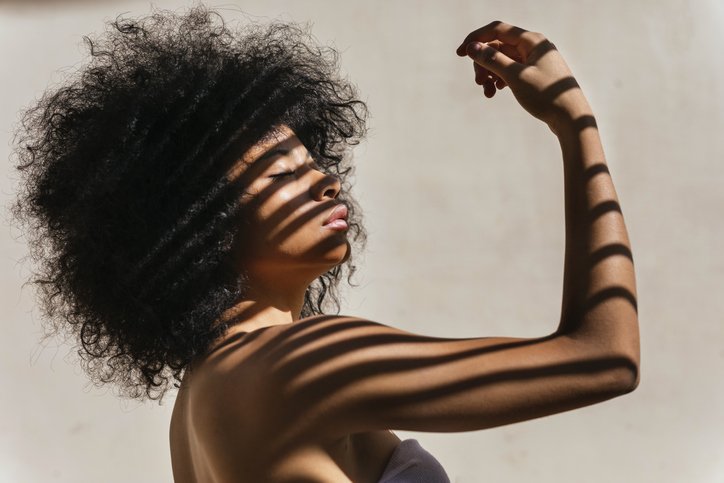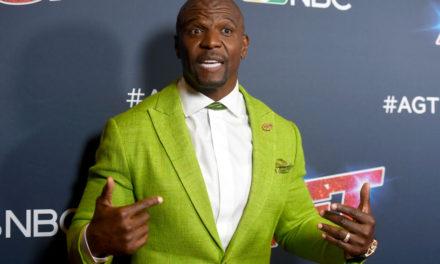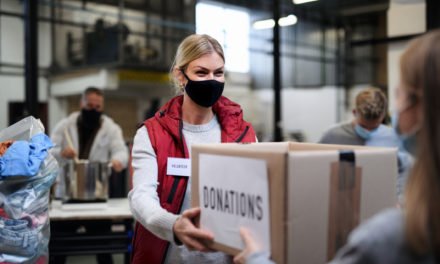
Sarah Baartman passed away in 1815 at age 26, after years of being exploited by Europeans in the 19th century due to her large buttocks. She was first presented on stage in London in 1810. Throughout that year, she was “exhibited” all over the country, and scientists became interested in studying her. She became aware that she was being used as an object and tried to fight against it. By 1814, the French people learned of her and gave her refuge in France. However, her experiences in France were worse than they had been in England, ultimately ending with her demise of smallpox at the age of 26. It is said that she may have had complications of syphilis due to being prostituted by a Frenchman.
Sarah Baartman passed away in 1815 after years of being exploited by Europeans due to her large buttocks. Black women’s bodies have long been exploited and sexualized throughout history. Click To TweetI tell Sarah’s story to illustrate that Black women’s bodies have long been exploited and sexualized throughout history. It should be no surprise that this theme continues to permeate popular culture — 1992’s “Baby Got Back” by Sir Mix-A-Lot, which opens with an exchange objectifying a Black woman’s buttocks, comes to mind.
As a Black woman who works in a professional environment, I often have to consider how my body appears and if it will be read as “professionally” acceptable. I recall a situation where I attended a site visit with an external vendor. A couple of weeks after the visit, I was called into my supervisor’s office. She informed me that the vendor representative with whom I had attended the visit had provided feedback that what I wore “wasn’t appropriate.” My outfit was a long maxi dress and a blazer. I then asked my supervisor what it was that she thought was wrong. I didn’t get an answer. She responded that she didn’t get the feedback again, so I must have addressed the issue. I can only conclude upon reflection that the vendor representative was uncomfortable with my attire because of my body being underneath it. I cannot control my genetics any more than Sarah Baartman could. That doesn’t mean she, or I, deserve to be made to feel uncomfortable or an object because of the body we are in.
As a Black woman, I have to consider how my body appears. Once, a client shared my outfit 'wasn't appropriate.' I wore a long maxi dress and a blazer. They were uncomfortable with my attire because my body was under it. Click To TweetBlack girls worry about the clothes they wear and grow into Black women facing the same struggles. Black women have to been forced to be conscious of how they dress in professional settings and how others may perceive their bodies. The perception of Black bodies, like the idea itself that Black women’s bodies are inappropriate, can result in workplace harassment and even being fired.
We must take control of our narrative and how we are seen. It is time that professionalism isn’t defined by existing biases and sexualization of Black women. We must examine these biases and how to change them, starting with Black girls before they become Black women.
It is time that professionalism isn’t defined by existing biases and sexualization of Black women. We must examine these biases and how to change them, starting with Black girls before they become Black women. Click To Tweet



![A Point of View: Chief Diversity Officer Role Not Looking So Bright [INFOGRAPHIC]](https://theinclusionsolution.me/wp-content/uploads/2014/12/CDO-of-the-Future-Infographic-620x330.png)













